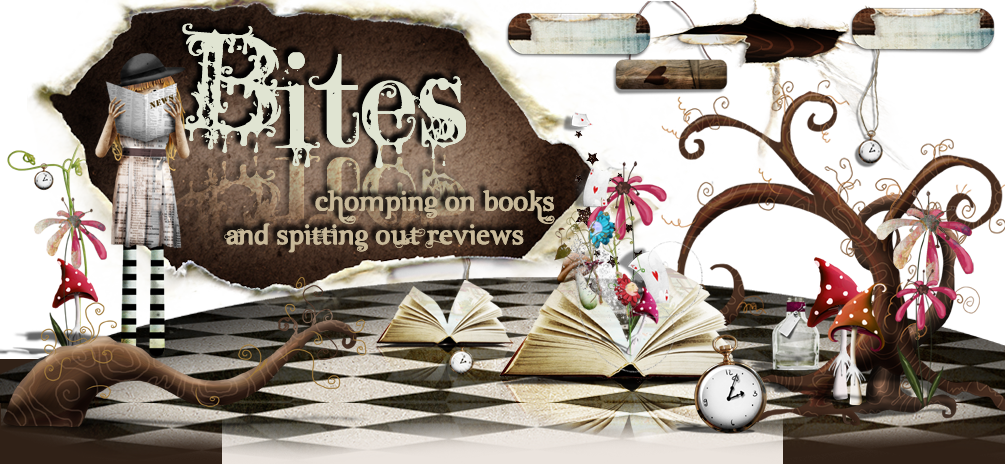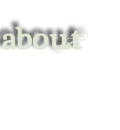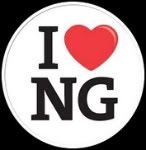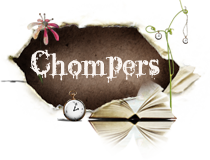 John Green, of Looking for Alaska and An Abundance of Katherines fame, has some interesting things to say about what books kids actually like versus what books teachers and librarians think kids like. More often than not, there's a gaping precipice between the two. When dissenters of the Newbery Award claimed that kids don't like many of the Newbery books, they didn't substantiate their claims. They brought in a couple of middle schoolers that said they wanted to read books they actually wanted to read and sort of based their argument off of that.
John Green, of Looking for Alaska and An Abundance of Katherines fame, has some interesting things to say about what books kids actually like versus what books teachers and librarians think kids like. More often than not, there's a gaping precipice between the two. When dissenters of the Newbery Award claimed that kids don't like many of the Newbery books, they didn't substantiate their claims. They brought in a couple of middle schoolers that said they wanted to read books they actually wanted to read and sort of based their argument off of that.I don't remember doing it in high school but in the college algebra class I took, we learned the formula used for random sampling, which Green finds fault with, mainly because you're poling a small number of kids and making broad assumptions based on those results for a much greater number of kids. I can understand that, however that's the assumption going into random sampling. Those few are supposed to speak for the many. However, if what he says is correct and these numbers are from limited sources (a group of kids in Iowa or a class in New York City, for example), they're not going to accurately reflect the truer results. In order for random sampling to come close to working, you need to include those kids from Iowa, the kids from New York, and throw in some Californians, Alaskans, a few New Englanders and some southerners all into the same poll. It can work and be nominally accurate if the proper poling procedures are done.
He also points out such sites like Good Reads, where people are able to leave reviews of books and rate them how they will, as a better means of garnering opinion. Even he points out that teens aren't the only ones leaving reviews so while this method does reach a much broader audience, and thus creates more accurate results, those more accurate results are deserving of Green's asterisk or perhaps a set of quotation marks.
So how do you accurately round up the opinion of the teenage masses and only the teenage masses in order to get a better read on what they do and don't like? Traipsing around their YA book blogs is a good place to start although if you're here looking for a teen's perspective on books, you've come to the wrong place. My brain my be 16, but my driver's license says otherwise.
Or maybe creating a website strictly for teens where only teens can rank and review books? It sounds logical enough although the lengths the webmasters would have to go through in order to ensure that it's teens that are posting and not someone flubbing their age would border on ridiculous and would probably have parents crying foul. But I could see that working. Maybe the YA bloggers should come together and think of something like that, a poling, rating and review site for teens only. That way these Newbery naysayers and teachers that don't think kids like these books or those books can get a better idea of just what they're reading and not assuming they're reading something they're not. It really could be as simple as a blog with the book, star ratings and comments as the reviews. It really could work.
Something to think about there, I think.











No comments:
Post a Comment